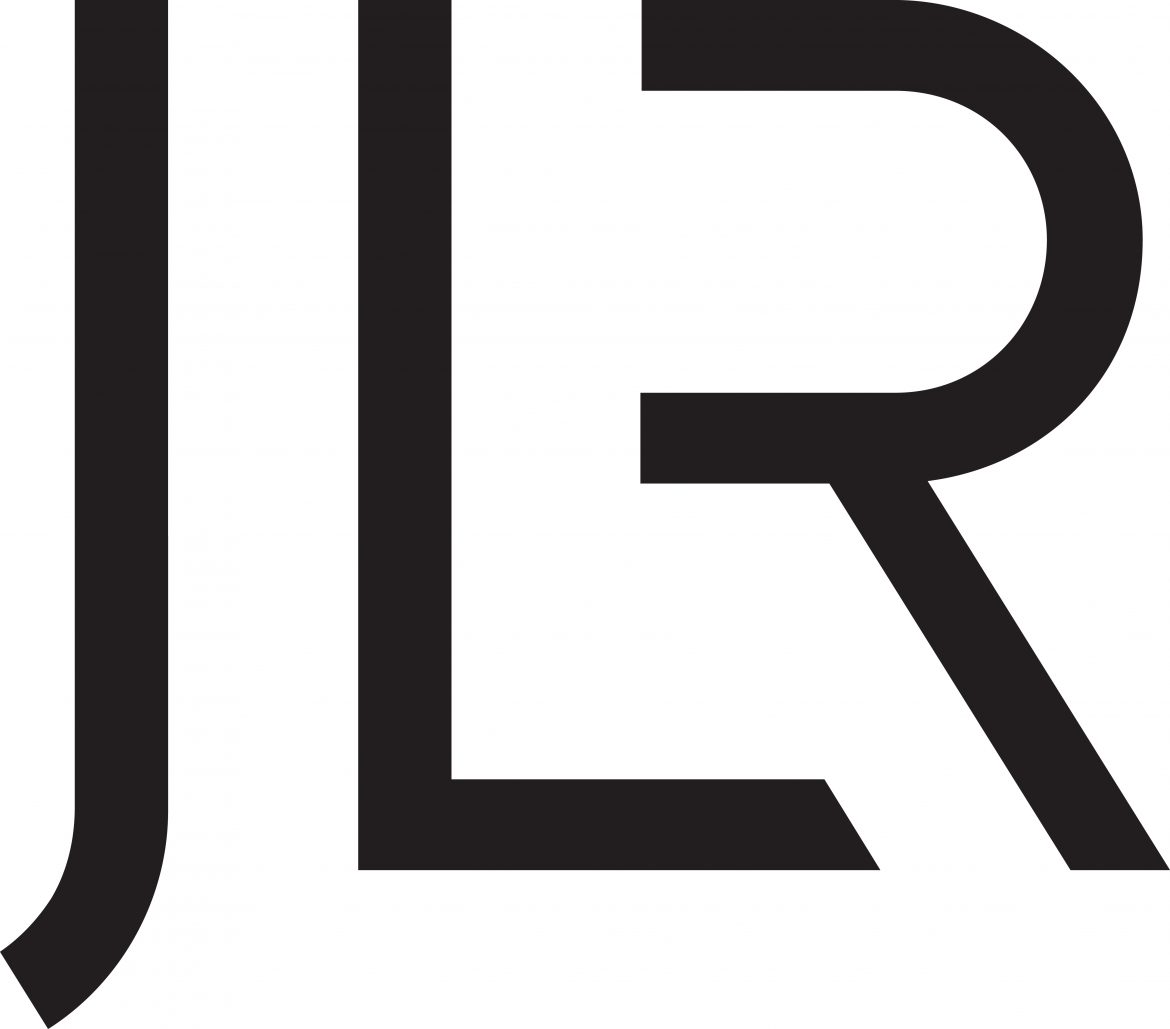Jaguar Land Rover (JLR) has joined forces with British recycling firm Altilium to launch an innovative pilot project focused on recycling and reusing materials from used EV batteries. This groundbreaking initiative aims to demonstrate the feasibility of large-scale recycled battery production, potentially revolutionizing the EV industry’s approach to sustainability and resource management.
The project, partially funded by JLR’s parent company Tata Motors, Altilium, and the UK government-backed Advanced Propulsion Centre, is set to run for the next year. Its primary objective is to extract cathode active materials from retired Jaguar i-Pace electric vehicle batteries and utilize them to create new battery cells. These recycled cells will then undergo rigorous testing in new JLR electric vehicles, providing valuable data on their performance and durability.
This collaborative effort comes at a crucial time for the automotive industry, as the global shift towards electric vehicles intensifies. With the rising demand for EVs, there is an increasing need to address the environmental and economic challenges associated with battery production and disposal. The recycling of valuable minerals such as lithium, cobalt, and nickel from used batteries has become a key focus area, with each EV battery potentially containing thousands of euros worth of these critical materials.
The initiative also aims to counter China’s current dominance in the field of battery recycling and production. By developing domestic capabilities in this area, JLR and Altilium are positioning the UK as a potential leader in sustainable EV technology.
Regulatory pressures are also driving the push for battery recycling. The European Union has set ambitious targets for the use of recycled materials in new EV batteries. Starting from 2031, new EV batteries sold in the EU must contain a minimum of 6% recycled lithium, 6% recycled nickel, and 16% recycled cobalt. These requirements are set to increase further by 2036, with targets rising to 12%, 15%, and 26% respectively. This regulatory landscape underscores the importance of projects like the JLR-Altilium collaboration in meeting future sustainability standards.
Altilium claims that its recycling process offers significant environmental benefits beyond just material recovery. The company states that by reducing the need for newly mined materials, their process can lead to a substantial 60% reduction in carbon dioxide emissions associated with battery production. This aligns with the broader goals of automakers to reduce their overall carbon footprint and meet increasingly stringent environmental regulations.
The financial backing for this project extends beyond JLR and UK government support. Earlier this year, Altilium secured a significant boost to its operations through a $12 million Series A funding round, with the majority of the investment coming from SQM Lithium Ventures, the corporate venture arm of Sociedad Quimica y Minera de Chile’s (SQM) lithium business. This followed a previous $2.6 million investment by SQM, the world’s second-largest lithium producer, in Altilium last year. These investments highlight the growing interest from major players in the lithium industry in supporting innovative recycling technologies.
The collaboration between JLR and Altilium represents a significant step forward in the circular economy for electric vehicles. By demonstrating the viability of using recycled materials in new battery production, this project could pave the way for more sustainable practices across the automotive industry. It also addresses critical concerns about the long-term sustainability of EV production, particularly regarding the sourcing of rare earth minerals and the environmental impact of battery manufacturing.
As the project progresses over the next year, industry observers will be keenly watching its outcomes. Success could lead to wider adoption of similar recycling processes, potentially transforming the EV supply chain and reducing the industry’s reliance on newly mined materials. This could, in turn, help to address concerns about the environmental impact of EV production and improve the overall sustainability credentials of electric vehicles.
The JLR-Altilium project also highlights the importance of collaboration between automakers, recycling firms, and government bodies in driving innovation in sustainable technologies. By combining expertise from different sectors and leveraging public funding, such initiatives can accelerate the development of solutions to complex environmental challenges.
As the automotive world continues its transition towards electrification, projects like this will play a crucial role in ensuring that the shift is not only technologically advanced but also environmentally responsible. The success of this pilot could set a new standard for battery recycling in the industry, potentially influencing future regulations and corporate strategies in the EV sector.



